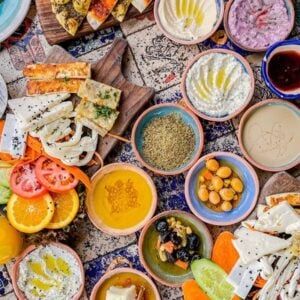Suriname, a biodiverse nation on South America’s northern coast, is considered one of the birthplaces of the pineapple. For centuries, Indigenous women have cultivated this fruit, drawing on ancestral knowledge and a spiritual connection to the land. Despite its cultural significance, the pineapple sector in Suriname has struggled commercially, with farmers facing limited access to modern tools, scarce investment, and few opportunities for value-added production. However, communities are now blending tradition with innovation, fostering women’s leadership and resilience.
Wendeline Sabajo, Captain of Matta Village, emphasizes the cultural importance of pineapple cultivation, noting the challenges of maintaining traditional, hand-based methods to meet growing demand. This is beginning to change through the Agrifood Systems Transformation Accelerator (ASTA), a collaborative initiative co-led by UNIDO and FAO, and supported in Suriname by UNFPA and ILO. Funded by the Joint SDG Fund and the Islamic Development Bank, the project brings together village leaders, women’s cooperatives, youth groups, researchers, private sector actors, and government agencies to strengthen every link in the pineapple value chain.
Central to this transformation is the Horticulture Innovation Hub, a center for training, collaboration, and experimentation. Complementing it is a Loan Collateral Facility that provides small-scale farmers access to credit. With these supports, producers are adopting organic farming methods and transitioning from seasonal to year-round production. Women, traditionally custodians of pineapple knowledge, are now leading innovation through networks and pilot farms that introduce modern organic techniques alongside Indigenous methods. These trial plots serve as hands-on learning spaces where women enhance technical skills, manage their plots, plan harvests, and strengthen economic independence.
A community-led digital platform now connects over 100 farmers across Suriname, offering real-time technical guidance, market information, and peer-to-peer support. This ensures the continued exchange of knowledge beyond training sessions and fosters collaboration across villages.
In villages like Matta, the pineapple is becoming a symbol not just of tradition, but of progress rooted in women’s leadership, collective action, and sustainable innovation. Suriname’s Indigenous women demonstrate that true food security begins with empowering communities, preserving knowledge, and valuing cultural heritage.






